África/Sudáfrica/28 de Agosto de 2016/Autora: Sarah Wild/Fuente: Nature. com
RESUMEN: Más de 1.200 académicos de Sudáfrica están advirtiendo que el sistema universitario del país está en un punto de inflexión como resultado de la escasez crónica. Los investigadores de 18 universidades sudafricanas han firmado una carta abierta al Presidente Jacob Zuma, al Ministro Blade Nzimande y al Ministro de Finanzas Pravin Gordhan. La carta, enviada el 11 de agosto y también publicada en el semanario nacional del Mail & Guardian el 15 de agosto, pide al gobierno hacer frente a la «crisis de financiación» en la educación superior. «Las funciones básicas de las universidades se están poniendo en peligro», dice la carta. «Hemos llegado a un límite. Simplemente no podemos resistir todas las incisiones sin poner en peligro el proyecto académico «. Se llega en medio de un contexto de protestas estudiantiles por el aumento de las tasas de matrícula, los recursos universitarios tensos y una investigación del gobierno sobre la educación universitaria gratuita – que según los críticos Sudáfrica no puede permitirse. El país está en la austeridad, con una previsión de crecimiento económico de 0% para el año. Las protestas estudiantiles contra una propuesta de subida de la tarifa del 6,3% ya han provocado el cierre de los campus de la Universidad de KwaZulu-Natal y la Universidad de Tecnología de Mangosuthu a principios de este mes.
The letter, sent on 11 August and also published in the national weekly newspaper the Mail & Guardian on 15 August, calls on the government to address the “funding crisis” in higher education.
“The core functions of universities are being put under threat,” the letter says. “We have reached a limit. We simply cannot weather any further cuts without jeopardizing the academic project.”
It comes amid a backdrop of student protests at rising tuition fees, strained university resources and a government inquiry into free undergraduate education — which critics say South Africa cannot afford. The country is in austerity, with an economic growth forecast of 0% for the year.
Student protests against a proposed 6.3% fee hike have already led to the closure of campuses at the University of KwaZulu-Natal and Mangosuthu University of Technology earlier this month.
Student protests
“We’re at a tipping point. If the current trajectory continues and the state does not intervene, then we’re going to see a period of austerity which will undermine our public universities,» warns Noor Nieftagodien, a historian at the University of Witwatersrand in Johannesburg.
He coordinated the open letter with colleague Kelly Gillespie at the School of Social Sciences in response to budget cuts at the school, with the hope of engaging the wider academic community. “Academics have tended to respond to these issues from their institutional base. We wanted to get as many academics as possible, irrespective of institution, geography and discipline,” he says.
South Africa’s university system is funded by government subsidies, student fees, research contracts and investments. The latest figures show that it cost about 60.6 billion rands (US$4.3 billion) in 2014.
But the government’s portion of this has been steadily declining for more than a decade — whereas student numbers have almost tripled from 360,250 to 983,698 over the past 22 years. In 2000, government grants covered about 49% of university income, falling to about 40% by 2009.
To make up the shortfall, universities have increased student fees each year for more than a decade. This resulted in the #FeesMustFall student protests last year after universities tried to raise fees by 10–12%.
Research impact
The government agreed a zero fee increase in 2016. But Ed Rybicki, a virologist at the University of Cape Town who signed the letter, says budgets are getting tighter, in part thanks to this.
Saleem Badat, a programme director at philanthropic organization the Mellon Foundation in New York and former head of Higher Education South Africa says he has «grave concerns» about another fee freeze in 2017. “I fear it may lead to the slow demise of South African universities,” he says.
Compounding the issue, at some universities, the management agreed to student demands to in-source all workers, costing hundreds of millions of rands annually.
The University of Cape Town put out a call for voluntary early retirement and severance in May this year to help cut costs.
All this may have an impact on research. “Anything that potentially could jeopardize the sustainability of the university system has a direct implication in terms of our ability to generate new knowledge and increase research,” says Molapo Qhobela, head of the National Research Foundation in Pretoria, which funds the majority of the country’s research.
Khaye Nkwanyana, spokesman for the Department of Higher Education and Training in Pretoria, says he would “see if any officials had the appetite to respond” to media questions about the open letter. The department had not responded by the time of writing.
Fuente: http://www.nature.com/news/south-african-academics-warn-of-universities-on-the-brink-1.20492
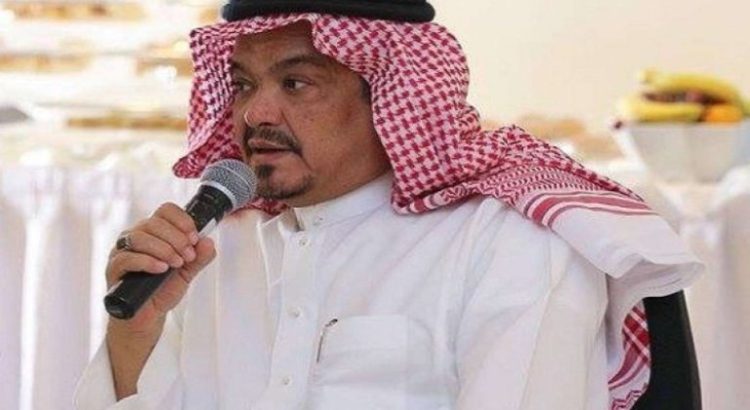

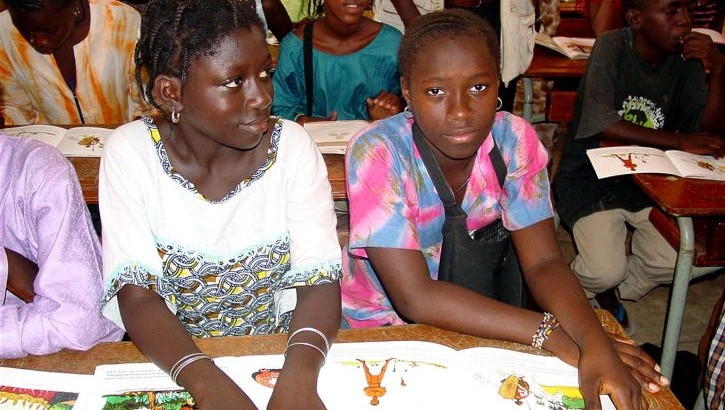
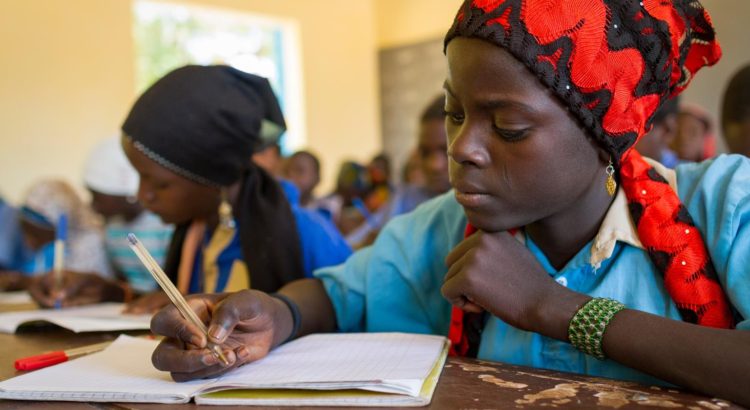
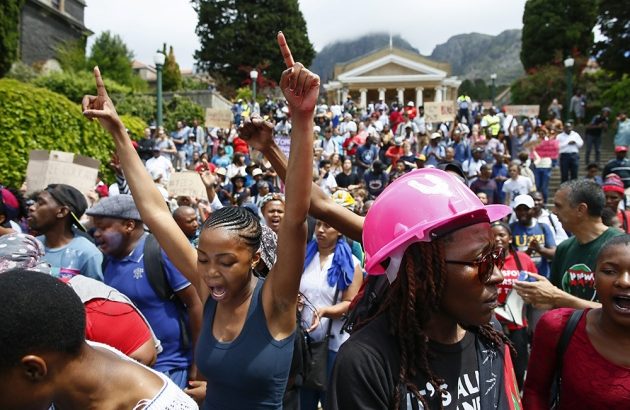
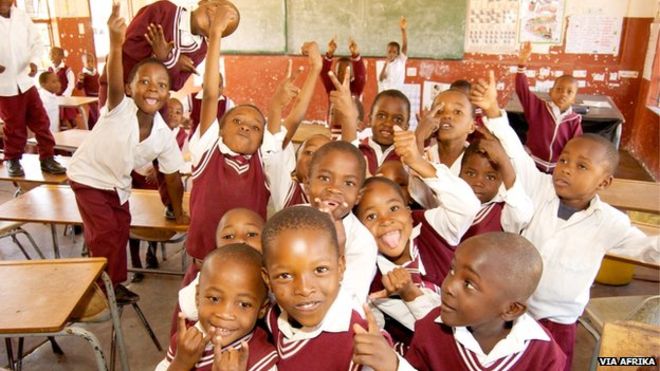






 Users Today : 30
Users Today : 30 Total Users : 35460047
Total Users : 35460047 Views Today : 43
Views Today : 43 Total views : 3418674
Total views : 3418674